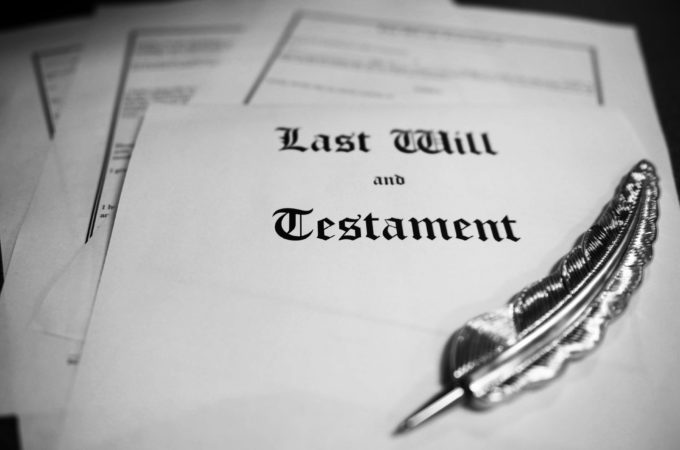Most adults are familiar with the concept of “rent”: it’s the money you owe every month after signing a lease with a landlord. Related but distinct from “rent” is “occupation rent” – rent’s frequently sought, but little understood, younger cousin who can still pack a punch. Occupation rent fills the…
Occupation Rent Will Get You Every Time
By Gillian Fournie closeAuthor: Gillian Fournie
Name: Gillian Fournie
closeAuthor: Gillian Fournie
Name: Gillian Fournie
Email: gfournie@devrieslitigation.com
Site: https://devrieslitigation.com/about/gillian-fournie/
About: Gillian is a lawyer with de VRIES LITIGATION LLP. Her practice focuses on the area of trusts and estates litigation. More of Gillian's blogs can be found at https://devrieslitigation.com/author/gfournie/See Authors Posts (71) • August 25, 2020 • 0 Comments
Email: gfournie@devrieslitigation.com
Site: https://devrieslitigation.com/about/gillian-fournie/
About: Gillian is a lawyer with de VRIES LITIGATION LLP. Her practice focuses on the area of trusts and estates litigation. More of Gillian's blogs can be found at https://devrieslitigation.com/author/gfournie/See Authors Posts (71) • August 25, 2020 • 0 Comments






